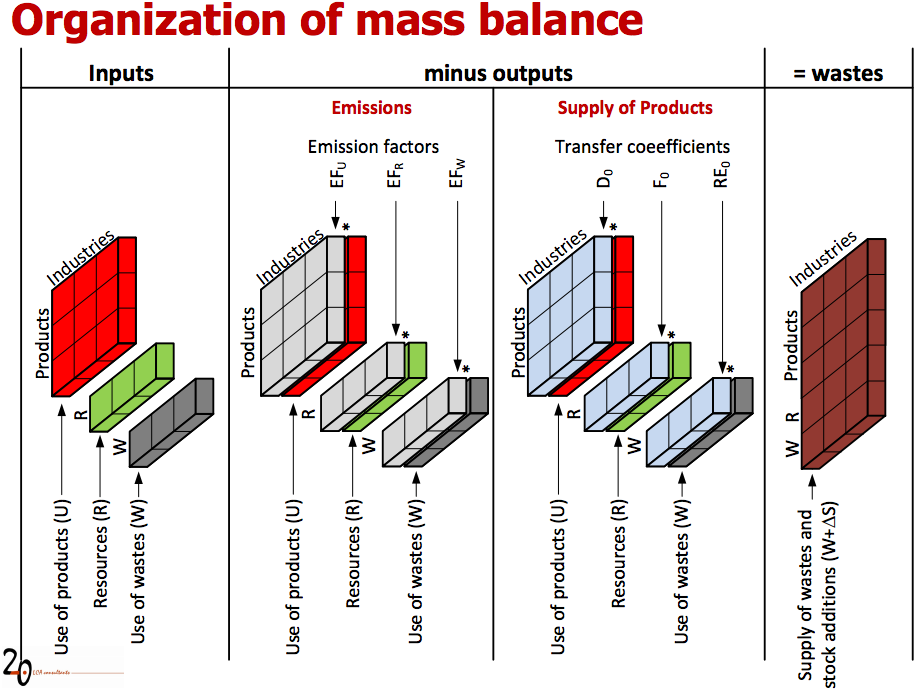CREEA
Data for the Global Resource Footprint of Nations. Carbon, water, land and materials embodied in trade and final consumption.
The client
EU’s Seventh Framework Program – European Union
Our role
2.-0 LCA consultants especially contributed the waste databases used in the project and measured the generation of waste residuals and waste products using the FORWAST model. Project completed April 2014.
Compiling and Refining Environmental and Economic Accounts (CREEA)
The main goal of CREEA was to refine and elaborate economic and environmental accounting principles as discussed in the London Group and consolidated in the future SEEA 2012, to test them in practical data gathering, to troubleshoot and refine approaches, and show added value of having such harmonized data available via case studies. The project included work and experiences from major previous projects focused on developing harmonized data sets for integrated economic and environmental accounting (most notably EXIOPOL, FORWAST and a series of EUROSTAT projects in Environmental Accounting). Most data gathered in CREEA were consolidated in the form of Environmentally Extended Supply and Use tables (EE SUT) and update and expand the EXIOPOL database. In this way, CREEA produced a global Multi-Regional EE SUT with a unique detail of 130 sectors and products, 30 emissions, 80 natural resources, and 43 countries plus a rest of world. A unique contribution of CREEA was that also SUT in physical terms were created.
The CREEA project demonstrates a full integration of global mass flow, energy flow, emissions, land-use and economic accounts which all together are used to create a multi-regional hybrid life cycle inventory database. The integrated approach in the CREEA project yielded a global multi-regional trade-linked hybrid LCA database, which involved detailed global and national energy, mass and monetary balances for products as well as industries. It is recommended to use such databases should be the starting point of any LCA database.
Read more in CREEA-report 4.1, CREEA-report 4.2, CREEA-report 4.3 and CREEA-report 6.2 or the CREEA-booklet; see also our presentation for SETAC Europe 24th Annual Meeting: Full integration of LCA with other assessment tools – new application areas and harmonized modelling approaches and the presentation at LCAFood 2014: Life cycle assessment of the global food consumption. Read our paper in Sustainability: Global Sustainability Accounting – Developing EXIOBASE for Multi-Regional Footprint Analysis.
